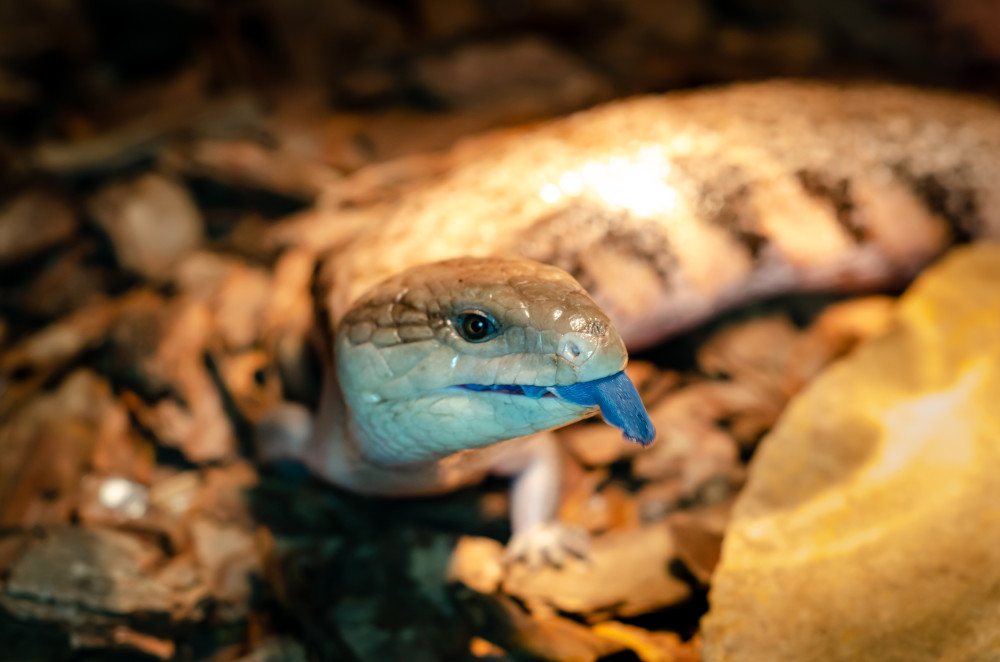

If you’re thinking of owning a reptile, there are a few things you need to be aware of to ensure you’re ticking all the appropriate legal boxes.
Although there is some variation between states and territories, the rules are generally very similar.
In New South Wales, native reptiles are protected by law and there are different licences depending on the type of reptile and how many of them you’d like to keep. Learn more here.
In Queensland, a recreation wildlife licence is required, depending on the type of wildlife you’re hoping to keep. Strict conditions apply that prohibit the owner from breeding their wildlife or selling or giving away wildlife that is held under the permit. Learn more here.
In Victoria, there are four licence types to suit the variety of wildlife (and reptiles) that can be kept. Plus, there are some types of wildlife that can be kept without a permit (such as the spotted grass frog or the Eastern blue-tongued lizard). For other reptiles, though, it’s important to refer to the Wildlife Regulations of 2013 to determine which licence you need for your reptile. Learn more here.
In South Australia, it’s the Department for Environment and Water that regulates the ownership of native animals, including reptiles. You will need a permit if you want to keep a native animal in captivity. The permit system is there to protect native animals from being illegally acquired and sold into captivity. Learn more here.
In the ACT, the majority of reptiles are protected and under the Nature Conservation Act 1980; however, there are some species that are exempt from licencing regulation. Whether the species is protected or not, it is illegal to capture a native species in the wild and put it in captivity. Learn more here.
In Western Australia, the regulation of wildlife is under the Department of Biodiversity, Conservation and Attractions. Again, whether or not the reptile you’re interested in owning is regulated depends on the species. Learn more here.
In the Northern Territory, as in most of Australia, the majority of reptiles require a permit in order to be kept as a pet in captivity. However, there are some species that are exempt. Learn more here.
In Tasmania, reptiles and amphibians are protected under the Nature Conservation Act 2002 and the Threatened Species Act 1995. There are a few exceptions – frog eggs and tadpoles can be collected without a permit. But if a tadpole becomes a frog that is not a common froglet or brown tree frog, it needs to be returned to the body of water it came from. Other reptiles will need permits. Learn more here.
Note: Information current as of 15 June 2023. This information is not legal advice. Seek advice from the relevant authority.
This article was authored by:
Bob Doneley BVSc FANZCVS (Avian Medicine)
Professor, Avian and Exotic Pet Service
Registered Specialist in Bird Medicine
RSPCA Australia believes that captive-bred wild animals should not be kept in a home environment or for companion purposes unless the species has been clearly identified as being suitable for this purpose. It is important that animals living in a home environment can live a good life. This means providing for their physical health and ensuring opportunities to fully express their individual interests and experience good welfare. Inadequate care and husbandry are reported to contribute to common and serious welfare compromises in many captive wild animals living in home environments. For more information see our policy.
The reality is, however, that captive-bred wild animals are kept in home environments despite sometimes not meeting these criteria (e.g., some reptile and bird species). Because of this, the RSPCA has produced these articles on the care and welfare of a variety of commonly kept captive-bred wild animals. The aim is to help people better understand their animals as individuals and provide them with care that keeps them healthy and provides opportunities for positive mental experiences as much as possible in captivity.
Wild animals must not be taken from the wild to be kept as companion animals (pets).